Israel troops withdraw from corridor that split Gaza in two
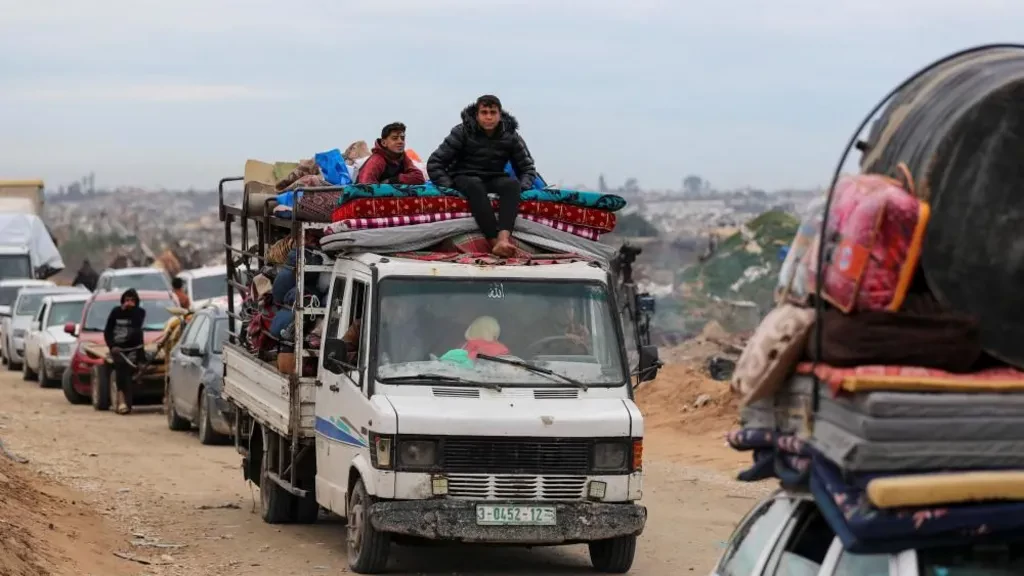
Jerusalem, February 9 — Israeli troops have withdrawn from the Netzarim Corridor - a military zone cutting off the north of the Gaza Strip from the south.
Hundreds of Palestinians in cars and on carts laden with mattresses and other goods began returning to northern Gaza following the pull-out - often to scenes of utter destruction.
The Israeli withdrawal is in line with the Israel-Hamas ceasefire agreement of 19 January under which 21 Israeli hostages and 566 Palestinian prisoners have so far been freed.
By the end of the first stage of the ceasefire in three weeks' time, 33 hostages and 1,900 prisoners are expected to have been freed. Israel says eight of the 33 are dead.
Hamas seized 251 hostages and killed about 1,200 people when it attacked Israel on 7 October 2023, triggering the Gaza war.
At least 47,500 Palestinians have been killed in Israel's offensive, according to Gaza's Hamas-run health ministry. About two-thirds of Gaza's buildings have been damaged or destroyed by Israel's attacks, the UN says.
About 700,000 residents of northern Gaza fled to southern areas at the start of the war, when the Israeli military issued mass evacuation orders before launching a ground invasion of the Palestinian territory.
Many of those displaced were subsequently forced to move multiple times after Israeli forces pushed into southern Gaza, too.
They were also prevented from returning to their homes through the Netzarim Corridor, stretching from the Gaza-Israel border to the Mediterranean Sea.
Israeli forces partially withdrew from the west of the corridor last month and the first Palestinians - pedestrians - were allowed to walk along the coastal Rashid Street as they crossed into northern Gaza.
Those on vehicles have to use Salah al-Din Street and undergo screening for weapons by US and Egyptian security contractors.
The Israel Defense Forces have not officially commented on Sunday's withdrawal from the eastern part of the corridor, which will leave it in control of Gaza's borders, but not the road that had cut it in half.
The Haaretz newspaper says the Hamas-run Gaza interior ministry has been urging people to "exercise caution and adhere to the existing movement guidelines for their safety".
The troop withdrawal comes as an Israeli delegation is expected to fly to Qatar which has been moderating talks between the two sides in the Gaza war.
The Israeli government has previously said the delegation will initially discuss "technical matters" regarding the first phase of the ceasefire deal, rather than the more challenging second phase which is meant to lead to a permanent ceasefire, the exchange of all remaining living hostages in Gaza for more Palestinian prisoners and a complete withdrawal of Israeli forces from Gaza.
That will require further direction from Israeli Prime Minister Benjamin Netanyahu, who is currently on his way back from the US.
Netanyahu became the first foreign leader to meet US President Donald Trump since his return to the White House on 20 January.
During the trip, in the most dramatic shift in US policy regarding Gaza in decades, Trump called for the removal of the territory's entire civilian population and the development of what he called "The Riviera of the Middle East".
That suggestion, which would be a crime under international law, has been almost universally rejected, including by Arab states.
The Saudi foreign ministry said on Saturday that it would not accept "any infringement on the Palestinians' unalienable rights, and any attempts at displacement," accusing Israel of "ethnic cleansing".
Egypt has also rejected any idea of the removal of the Palestinian population and has said it is calling an emergency summit of the Arab League on 27 February to discuss what it called "serious" Palestinian developments.
Asked about Trump's plan, Israel's President Isaac Herzog told the BBC that it was time for new ideas from the US and Israel's neighbours Egypt and Jordan - which the American leader wants to take in Gaza's Palestinians.
"We'll have to find the right way to make sure that what happened [7 October] will not recur again, meaning that Hamas will not rule Gaza any more," Herzog told the BBC's Sunday with Laura Kuenssberg programme.


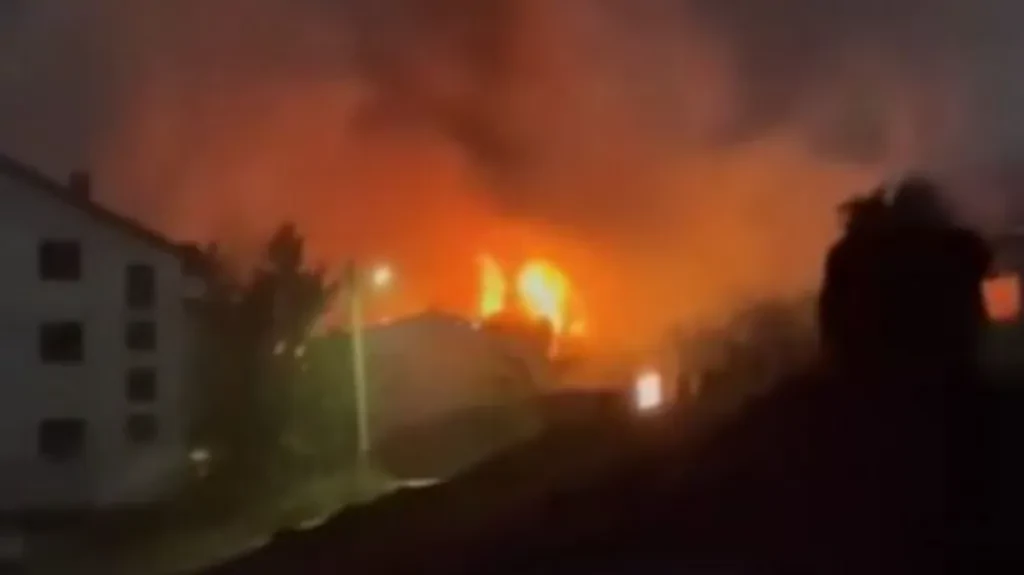
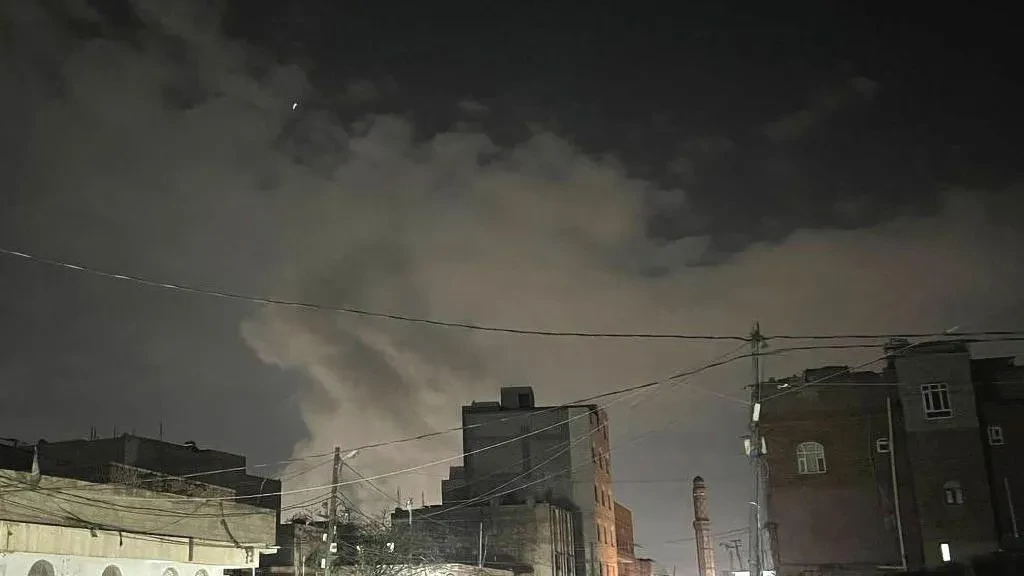
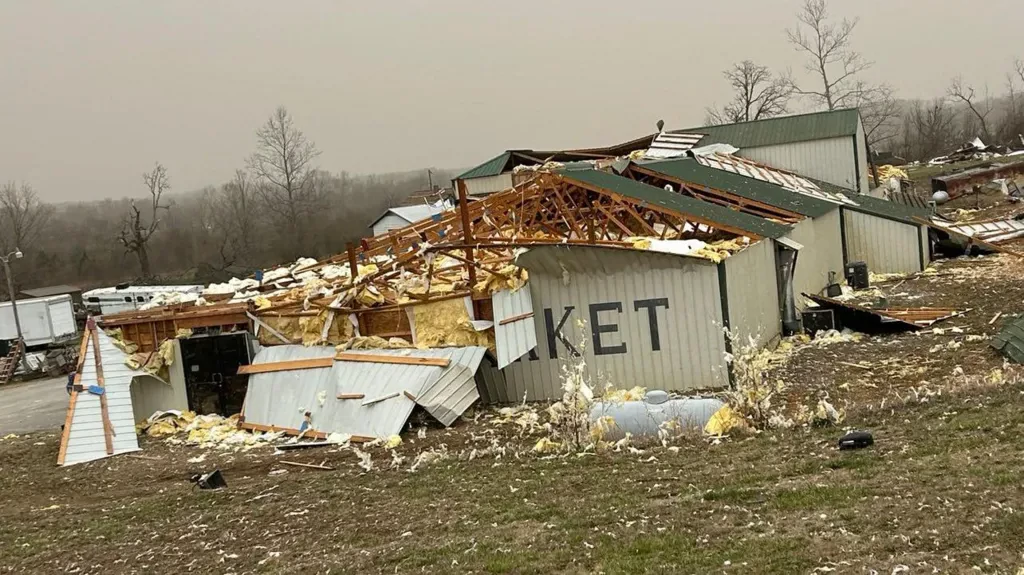
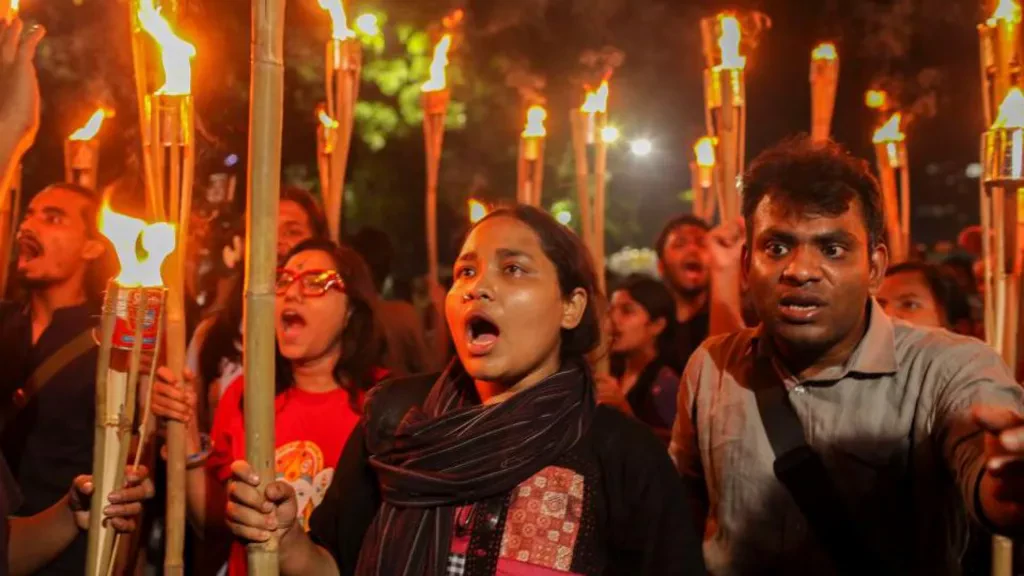
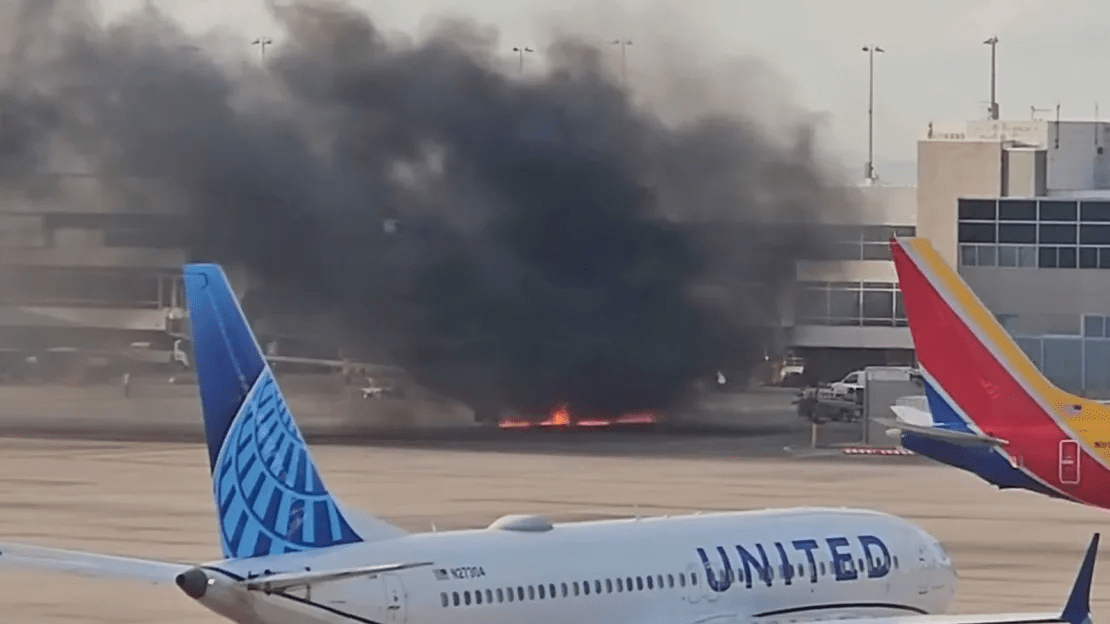
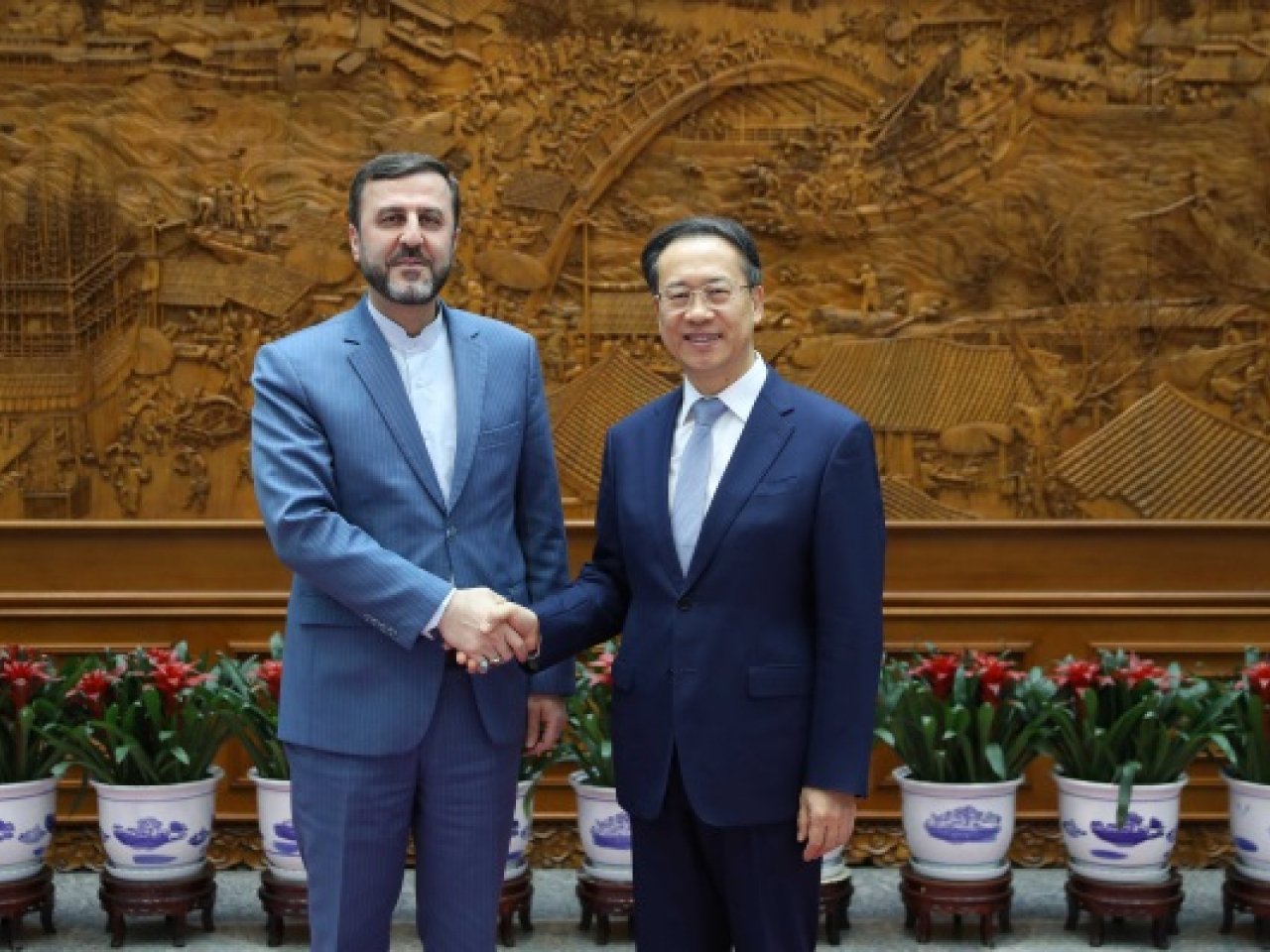
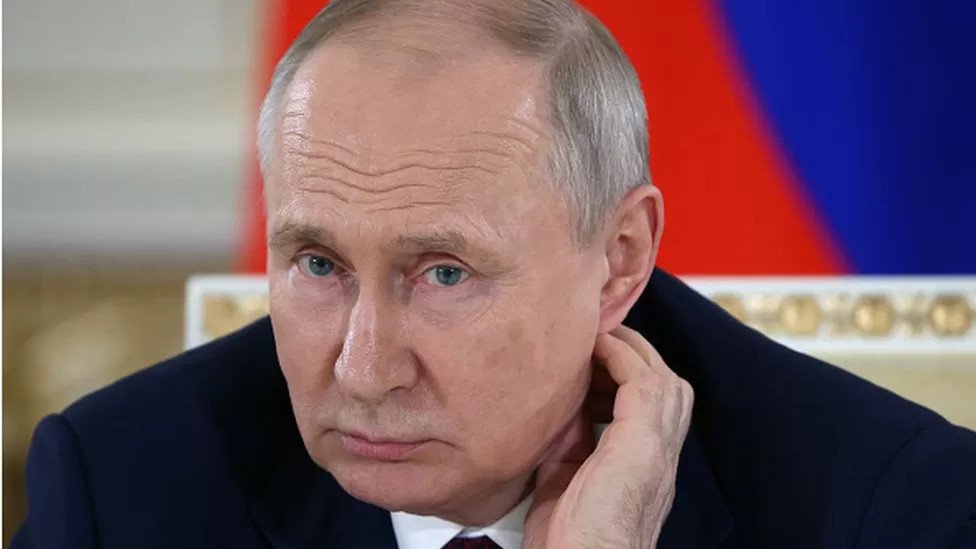

Leave Comment